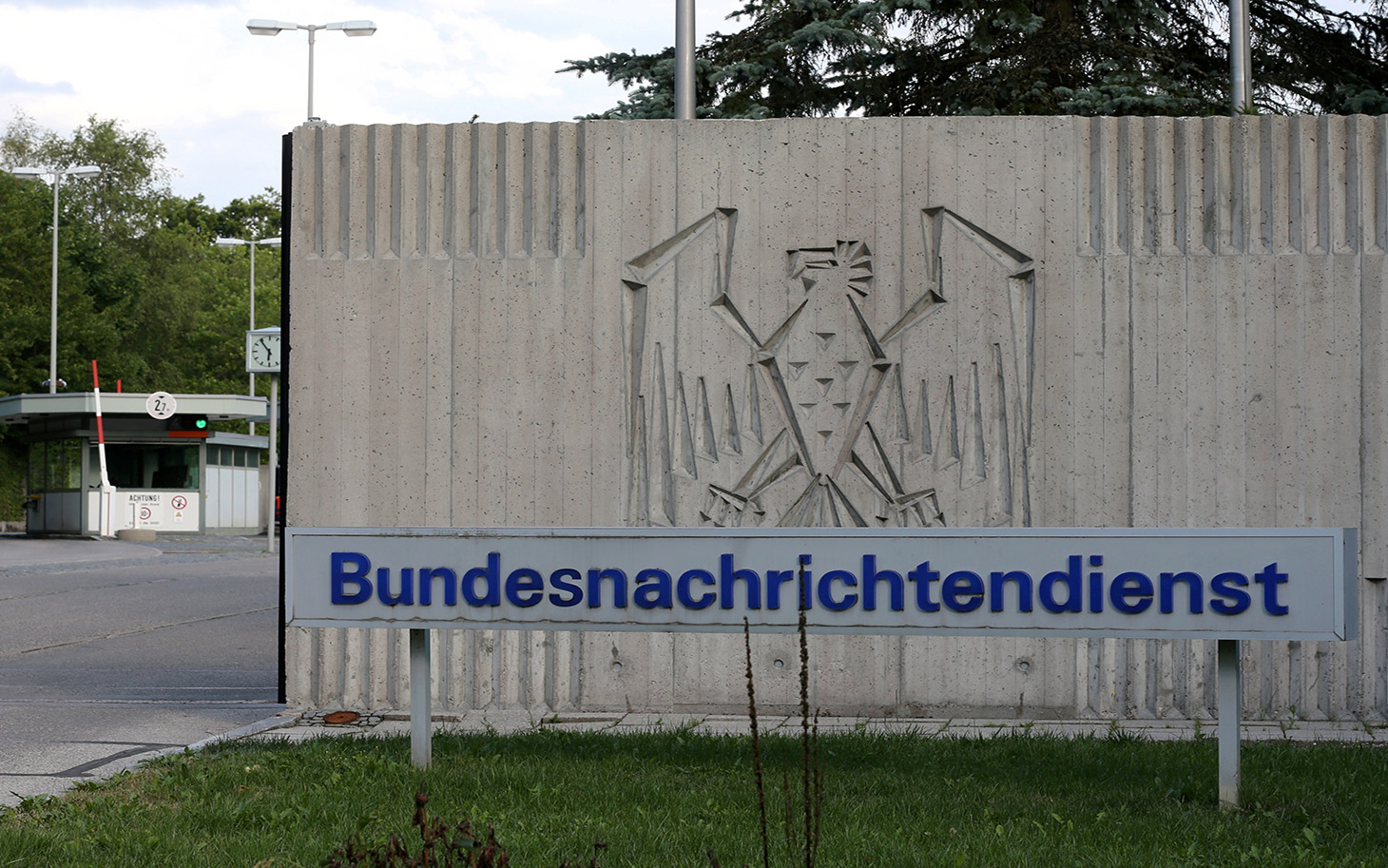
(Photo taken from Aljazeera)
With the recent allegations that the BND has been spying on allies for the NSA the spotlight is on the murky world of state espionage. In the summer of 2013 when Edward Snowden sensationally revealed how the NSA has evolved into a vast intrusive data collecting organisation nowhere were the protests louder in Germany. Public support for Snowden rocketed and high prolife public figures like the veteran green politician Ströbele issued statements supporting the whistleblower for whom many in Germany saw as a leading liberal figure in the fight against the NSA leviathan.
Yet now it appears that since 2002 the BND have been working with the NSA from the listening post in Bad Aibling. So it is fair to say the German government is like the two faced Greek god Janus as it simultaneously plays the victim of the NSA to placate the electorate whilst at the same time willingly working hand in hand with the US.
The SPIEGEL and the Süddeutsche Zeitung report that the BND handed over emails from certain addresses and ones that contained key words. The Süddeutsche states that from 2002 to 2013 there were messages from 690 000 telephone numbers and 7.8 million IP addresses which contained key search words for the NSA.
These findings that the BND has been actively assisting the NSA in spying on Germany’s main European partner France have led to widespread outrage and indeed disbelief throughout the German media and public. The crux of the indignation is the question of how can Germany spy on France when we share many of the same strategic concerns? We have been leading the struggle to solve the Euro Crisis and on the global stage we are working together more than ever as was shown by our leaders playing vital roles at the recent Minsk conference.
So as a result of the spying accusations will this vital relationship be jeopardised? No. In public the politicians will sound outraged about how an ally spying on one another is immoral yet behind closed doors there will be the acceptance that in the 21st Century states will spy not only on enemies but also friends.
Whilst internationally these spying revelations will be of little consequence, within Germany pressure is growing on Merkel to condemn the NSA – BND relationship or at the least apologise for their actions. The tensions lie in the fact that Merkel led the German people to believe that in the wake of the Edward Snowden findings she would do her utmost to achieve a no spy accord where the US would halt all surveillance on Germany and stop using the BND as an additional resource, however whilst she told the public there was significant progress on achieving a no spy agreement, it has become clear a no spy agreement was not going to happen. This has led to charges from the SPD whip on the committee overseeing espionage Herr Fliesk that the Chancellor ‘misled or even deceived the voters’. The SPD see this controversy as a golden opportunity to weaken the Chancellor who has led the CDU/CSU since 2000 with a consistently high approval rating which many western leaders could only dream of. Reuters reported that even after the BND spying allegations, Merkel’s approval rating still reached 70%. So it is safe to say, that Merkel’s position as Chancellor is for the time being unassailable.
Merkel has conducted a robust defence of the BND’s actions arguing it is imperative that the German and US intelligence services work together to prevent terror attacks. However, in Germany where the memories of the Gestapo and the Stasi are still strong, widespread state surveillance is controversial and deeply unpopular and thus this is an opportunity for the opposition parties to use the growing discontent amongst the electorate to further their own political agenda. It is certain that Merkel will weather this recent controversy, but the reactions of the public do show that there is a gulf between the elites and the people as how extensive and intrusive state surveillance should be. It doesn’t appear that this gulf will be reduced any time soon.



